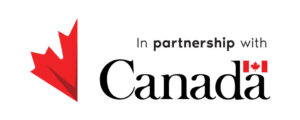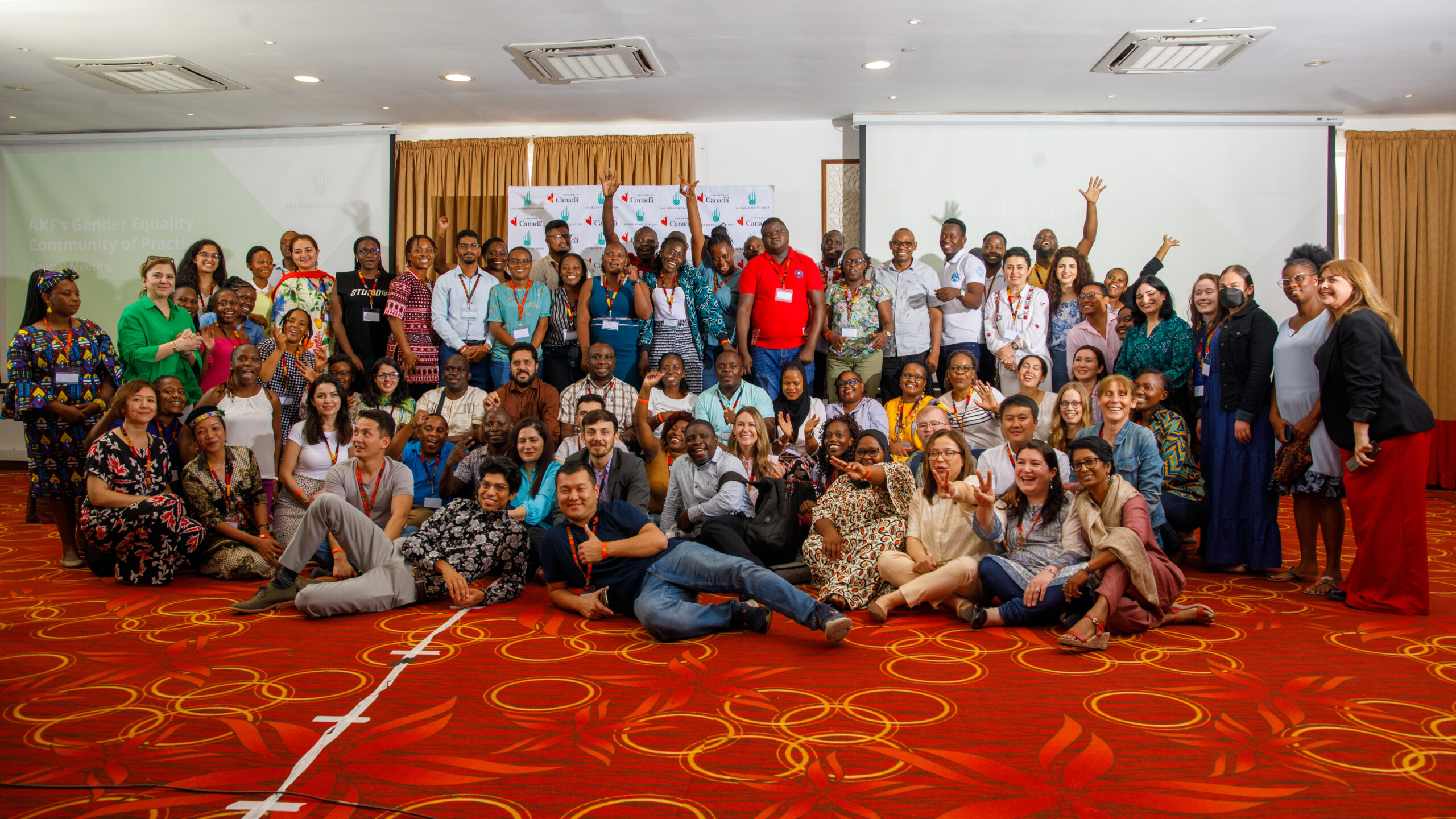Held over five days in February 2024, Aga Khan Foundation’s Global Learning Workshop convened over 140 women’s rights activists, gender equality advocates, and civil society leaders from Afghanistan, Canada, Egypt, India, Kenya, the Kyrgyz Republic, Madagascar, Mozambique, Pakistan, Portugal, Tajikistan, Tanzania, and Uganda.
This event, set in Mombasa, Kenya, was part of the Advancing Gender Equality through Civil Society (AGECS) program in Africa and Asia. AGECS is a component of the Foundations for Education and Empowerment and Foundations for Health and Empowerment programs, both supported by the Government of Canada.
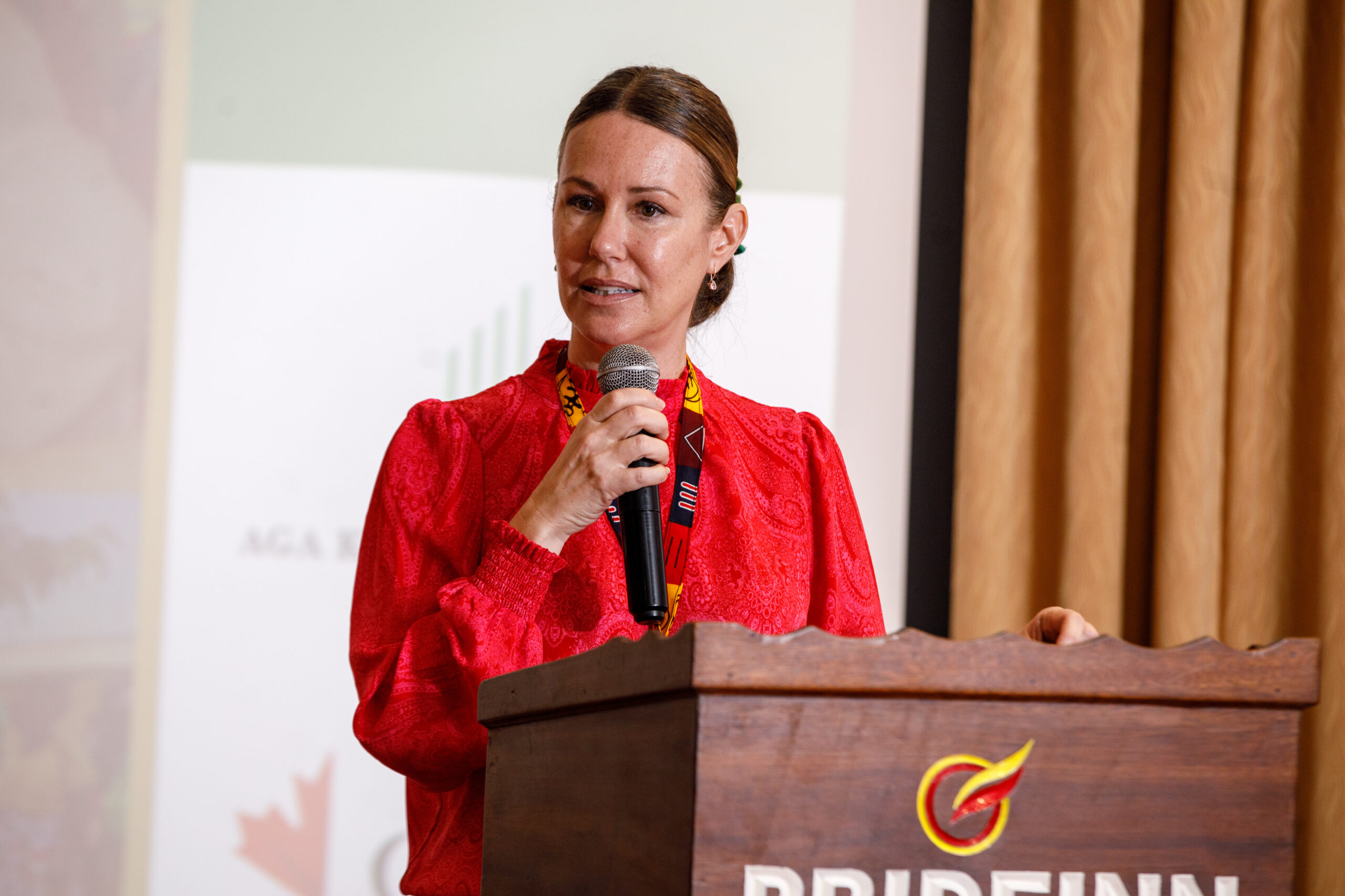
Anik Labelle, Senior Development Officer at Global Affairs Canada, delivered powerful opening remarks at the event.
“Canada feels strongly that gender equality is not only a human rights issue, but is also an essential component of sustainable development, social justice, peace, and security,” she said.
The themes highlighted by Labelle, coupled with palpable energy and a shared commitment to gender equality, resonated throughout the five days.
Barriers to gender equality differ across and within communities, so working with civil society organizations – such as women’s groups, media, and universities – is crucial for effective and enduring change. Often already embedded within communities, local organizations can design and implement relevant programming in a way that addresses contextual nuances. AGECS is one of AKF’s approaches to bring together and work alongside community organizations to better understand the barriers and opportunities for gender equality and transformative change.
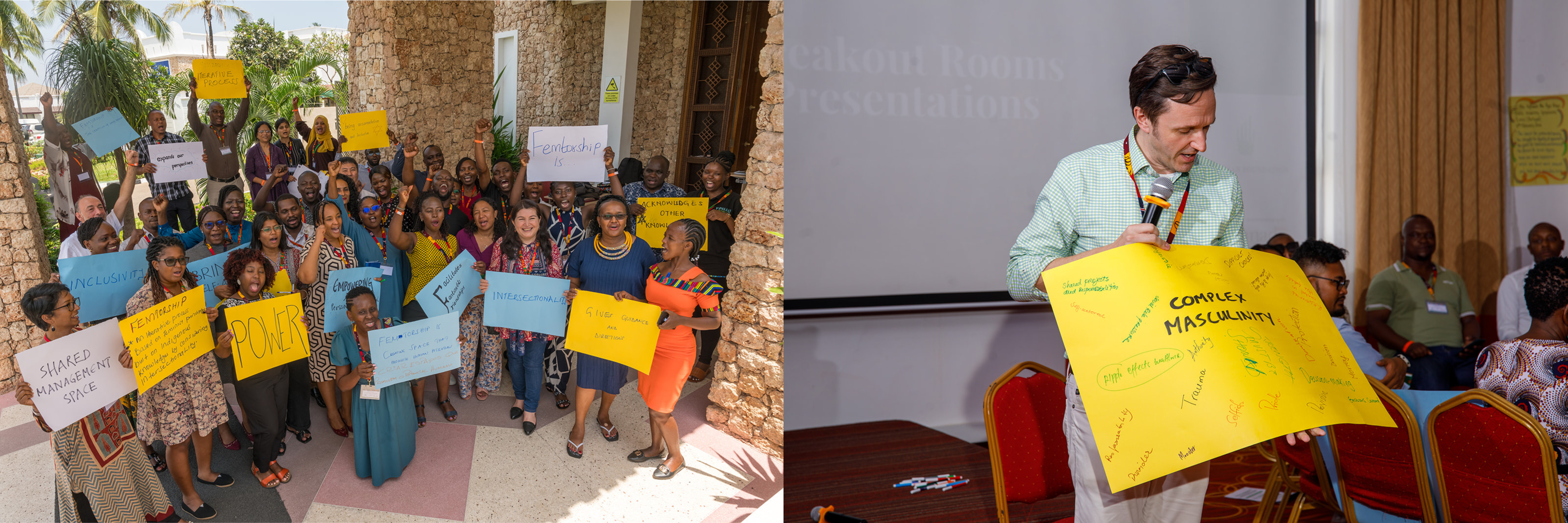
AKF’s Global Learning Workshop brought together 26 civil society partners to showcase their successes, learnings, and challenges, and to foster a sense of community and solidarity. Throughout the workshop, presentations, and panel discussions illuminated pressing issues, like gender and climate change, engaging men and boys, and femtorship (or “female mentorship”) – a paradigm that promotes inclusive, empowering, and open relationships with mutual learning.
During a panel on women’s leadership and policy shifts, Gulnora Mukhamadieva, Global Lead for Gender Equality at AKF, highlighted that women’s participation in decision-making is linked to the reduction of conflict and prioritization of social and environmental sustainability in communities.
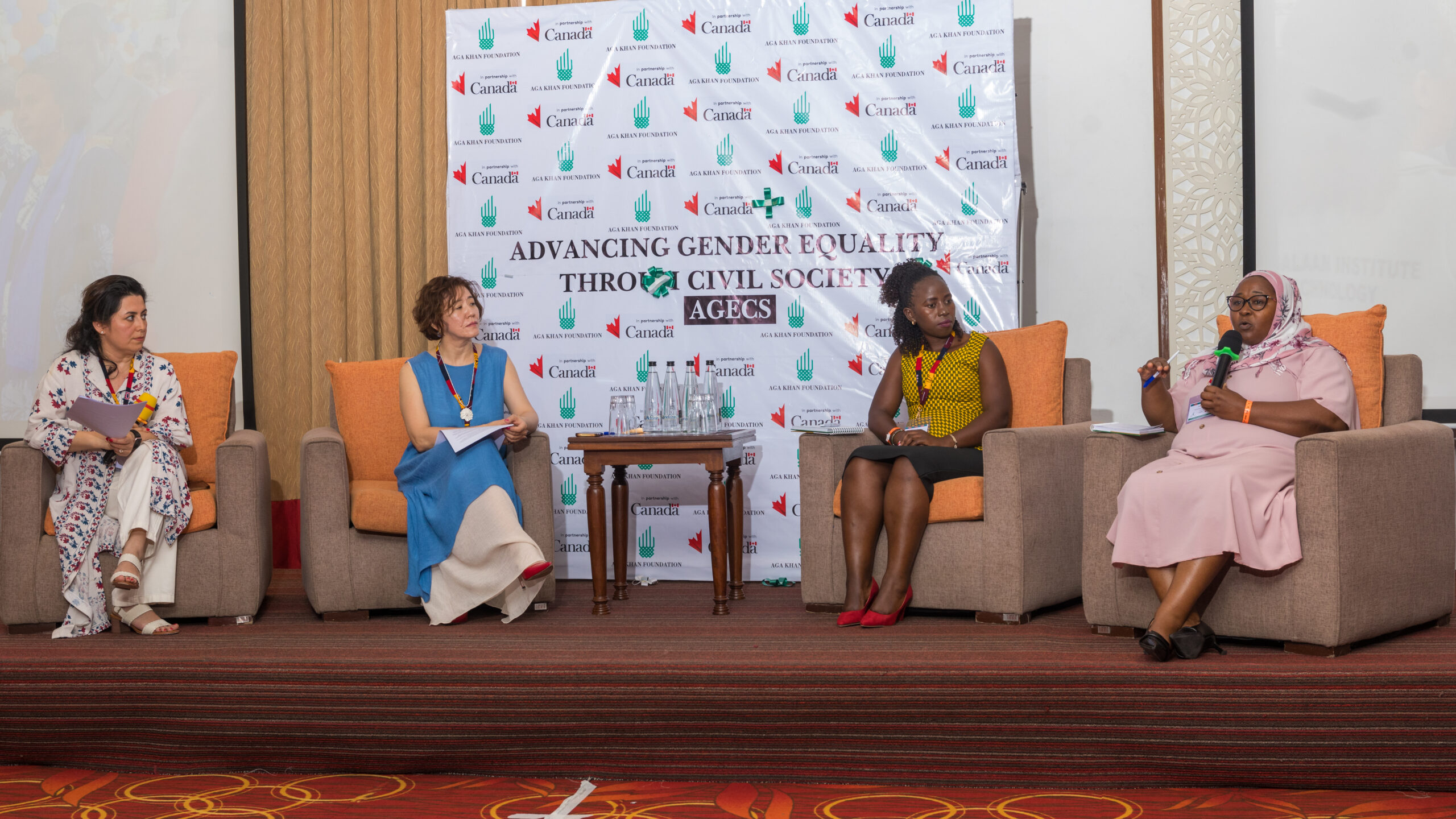
Local partners in Mombasa also hosted group visits so participants could see their work in action – like the radio station where the Dream Achievers Youth Organization in Kenya broadcasts information about sexual health to local communities.
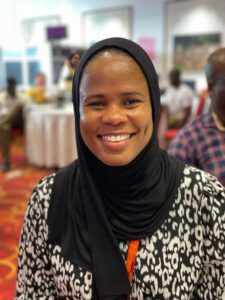
The Global Learning Workshop also provided a space for cross-cultural exchange and deepening understanding. Participants discussed their challenges and shared learnings and best practices from their experiences, finding inspiration from each other.
“I was touched by the work of the Karakoram Area Development Organization [in Pakistan], especially in involving people with disabilities,” shared Swabra Mumba, a participant who works as a counseling psychologist at the HIV and AIDS People Alliance Kenya. “I am motivated to explore and support initiatives that address the intersectionality of gender equality and marginalized groups.”
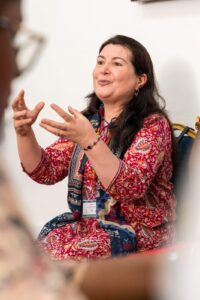
Reflecting on the rich conversations and approaches present throughout the event, Sosan Aziz, Head of Gender and Safeguarding at the Aga Khan Rural Support Program in Pakistan, remarked, “It was a moment of diversity, pluralism, different cultures, and approaches.”
As the Global Learning Workshop came to a close, participants departed with new insights, connections, and opportunities for collaboration.
In celebrating and strengthening the work of civil society on advancing gender equality in Africa and Asia, AKF continues to be committed to driving forward the collective effort towards an inclusive future where everyone can thrive together.
